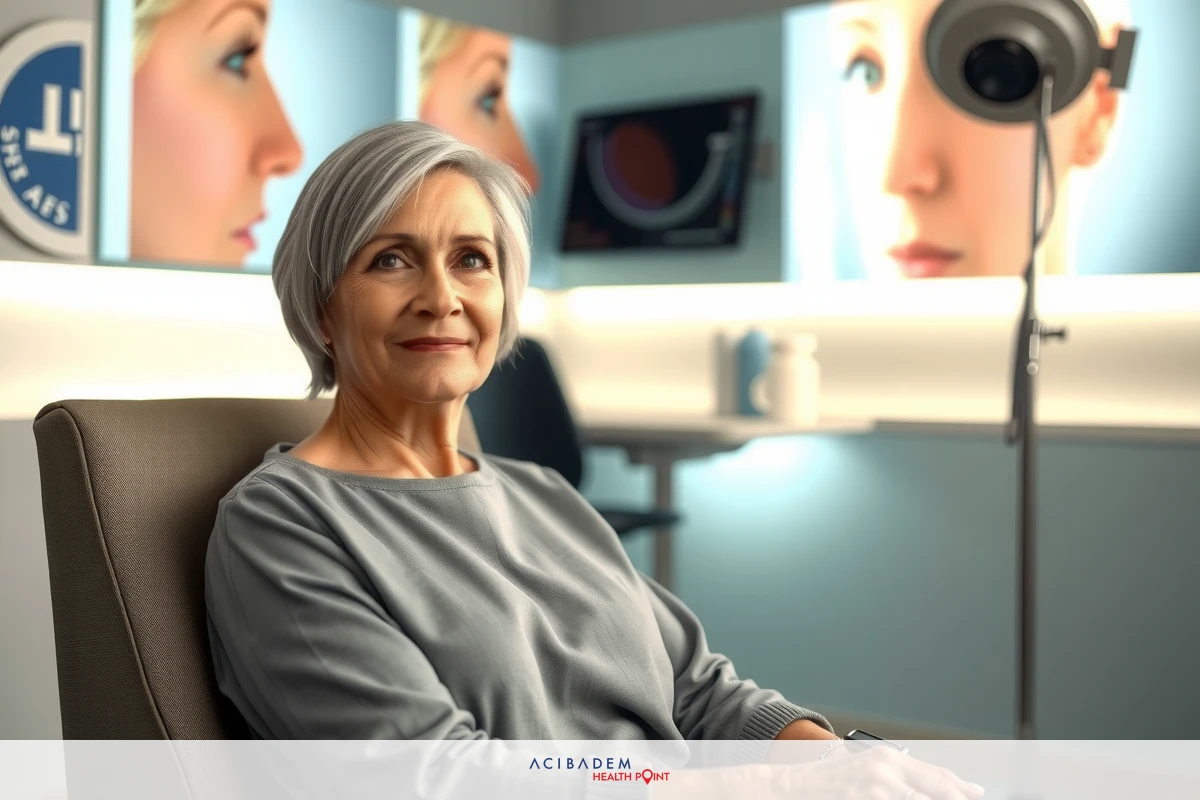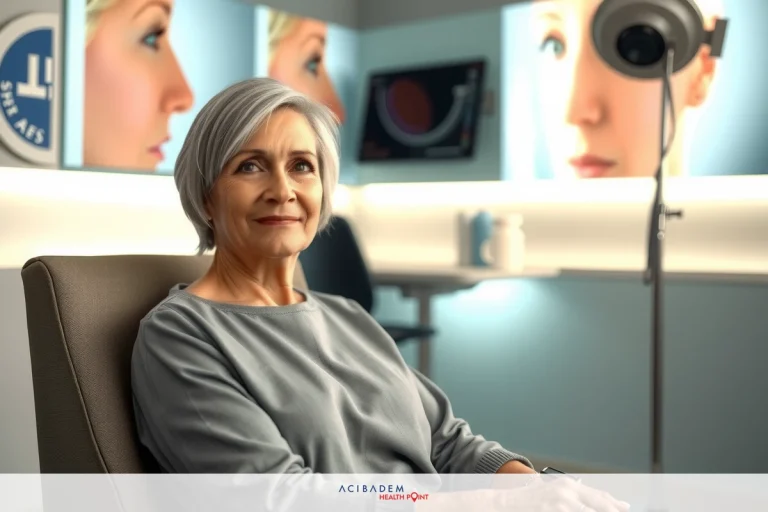How Much for Rhinoplasty
How Much for Rhinoplasty Rhinoplasty, often referred to as a nose job, is a favored aesthetic intervention that holds the potential to transform your appearance and boost your confidence. Price is often a notable factor when considering this type of surgery. The cost of rhinoplasty varies widely depending on various factors, such as the surgeon’s expertise, the geographical location, and the complexity of the procedure.
It’s crucial to understand that while the cost may be a important consideration, it should not be the only factor when deciding to undergo such a procedure. The surgeon’s skill and experience, the safety of the surgical facility, and the quality of post-operative care are just as important, if not more so. This article aims to provide information about the average costs of rhinoplasty and discuss different financing options to make the procedure more affordable.
Factors Affecting the Cost of Rhinoplasty
The cost of rhinoplasty can vary depending on several factors. One of the most noteworthy factors influencing the price is the surgeon’s expertise. Surgeons with extensive experience and a strong reputation in the field typically charge higher fees. Their vast knowledge and skills often result in more favorable outcomes, making them a preferred choice for many patients despite the higher costs.
Another factor that plays a crucial role in determining the cost is the geographical location. The pricing of rhinoplasty differs from one region to another due to variations in living costs, local market rates, and competition among surgeons. For example, you can expect higher prices in metropolitan areas with high living costs compared to smaller cities or towns.
The complexity of the procedure also influences the cost. Rhinoplasty is a custom procedure tailored to meet each patient’s specific needs and goals. Consequently, complex procedures that require more time and skill will generally be more expensive than straightforward ones. This means that a minor nose reshaping will cost less than a complete nose reconstruction.
Operating room fees, anesthesia fees, medical tests, post-surgery garments, and medications are other expenses that contribute to the overall cost of rhinoplasty. It’s essential to consider these additional expenses when budgeting for your surgery.
Whether your rhinoplasty is considered cosmetic or reconstructive can also affect costs. Reconstructive rhinoplasty, often performed to correct a functional issue like breathing problems, may be covered by health insurance. If the procedure is purely cosmetic, insurance companies usually do not cover it. It’s advisable to consult with your insurance company to understand what is covered before making any decisions.
These factors can help you have a realistic expectation about the affordability of rhinoplasty. It’s essential to have a comprehensive discussion with your surgeon about all related costs before proceeding with the surgery. This will ensure that there are no unexpected expenses and that the procedure aligns with your budget.
Average Cost of Rhinoplasty
When considering a rhinoplasty procedure, it’s important to understand the average costs associated with it. While costs will inevitably vary due to different influencing factors as discussed previously, having a benchmark for the average cost can be beneficial when planning and budgeting for the surgery.
The American Society of Plastic Surgeons estimates that the average surgeon’s fees for rhinoplasty are around $5,350. However, this figure does not include additional charges such as anesthesia fees, operating room facilities, medical tests, and other related expenses. Once these are factored in, the total cost of a

rhinoplasty procedure could range anywhere from $5,000 to $15,000 or more. It is crucial to note that these figures represent averages; the cost could be lower or higher depending on your specific circumstances.
While understanding average costs is helpful, it is equally critical to remember that choosing a surgeon based on price alone can be risky. The goal should be to find a qualified and experienced surgeon who can provide you with the best possible results while also offering reasonable pricing. The decision to undergo rhinoplasty should not be taken lightly – it’s essential to invest time in researching and consulting with potential surgeons to ensure you make an informed decision.
Remember that the cost of rhinoplasty is not just financial but also emotional and physical. Recovery from surgery takes time and patience, and there may be emotional adjustment needed as you adapt to your new look. This is all part of the investment you’re making when deciding to undergo a rhinoplasty procedure. Thus, while keeping affordability in mind, it’s equally important to prepare for all aspects associated with this life-changing decision.
Frequently Asked Questions
How long does it take to recover from rhinoplasty?
The recovery period for rhinoplasty can vary from person to person. Generally, it takes about 1 to 2 weeks for the initial swelling and bruising to subside. However, it may take several months for the complete healing process and final results to be visible. Your surgeon will provide you with specific post-operative instructions and guidance on managing discomfort during the recovery phase.
Will insurance cover the cost of rhinoplasty?
In most cases, insurance does not cover the cost of rhinoplasty if it is purely a cosmetic procedure. However, if there is a functional issue with your nose, such as breathing difficulties due to a deviated septum, a portion of the surgery may be covered. It's best to consult with your insurance provider to understand their specific criteria for coverage.
Are there any risks or complications associated with rhinoplasty?
As with any surgical procedure, rhinoplasty carries some risks and potential complications. These can include infection, bleeding, adverse reactions to anesthesia, scarring, nasal asymmetry, or dissatisfaction with the aesthetic outcome. However, choosing a skilled and experienced surgeon can significantly minimize these risks. It's essential to discuss potential risks and complications with your surgeon before making a decision.
Can I have a revision rhinoplasty if I am not satisfied with the initial results?
Yes, revision rhinoplasty is an option if you are not satisfied with the outcome of your initial surgery. However, it's important to wait until the nose has fully healed before considering any revision procedures. Revision rhinoplasty is typically more complex than primary rhinoplasty and requires careful evaluation and planning by an experienced surgeon.











